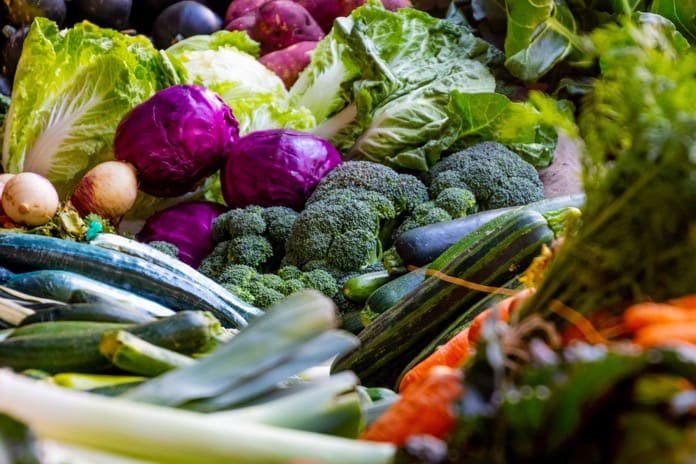An exciting study published in the journal Immunity demonstrated a mechanism by which chemicals in vegetables can help in colon cancer prevention.
Scientists from the Francis Crick Institute have revealed a mechanism through which chemicals found in vegetables like broccoli, cauliflower, and cabbage can significantly reduce the risk of developing colon cancer. The investigators utilized mouse models and organoids (a clump of cells that can be propagated on a culture dish for studying gut biology) to decipher how these chemicals play a pivotal role in mediating the growth and differentiation of intestinal epithelial cells. They published their results in Immunity.
Fewer secretions by gut cells can increase chances of infections
Intestinal epithelial cells found in our guts are critical for absorbing nutrients and secreting mucus. The loss of its secretory activity can compromise the natural immunity of the organisms’ gut and increase the chances of acquiring intestinal infections. This, in turn, can lead to tumorigenic changes in the gut epithelium, eventually leading to an unrestrained proliferation of intestinal cells that can result in colon cancer.
Specific nutrient in vegetables is necessary for the development of secretory gut cells
The investigators found that indole-3-carbinol, which builds up following digestion of cruciferous vegetables like broccoli, can activate a protein called aryl hydrocarbon receptor (AhR). AhR, in turn, is required for intestinal stem cells to become functional intestinal epithelial cells. Without indole-3-carbinol, Ahr levels are not high enough for the development of intestinal epithelial cells.
Reduction in levels of this critical molecule can, therefore, disrupt the normal development of intestinal stem cells and trigger uncontrolled proliferation of these cells. On the other hand, when AhR is activated in response to indole-3-carbinol, it offers resistance to development of bacterial infections in the gut and prevents abnormal proliferative changes within the gut epithelium.
How does this nutrient work to help in colon cancer prevention?
To assess the mechanism of how the chemicals in vegetables exactly work to reduce the risk of cancer, the scientists fed mice with two different type of diets. While the control diet was composed of normal mouse chow, the experimental diet was artificially enriched in indole-3-carbinol. The reporter mouse model utilized by investigators carries the ability to activate AhR within the gut lining when they are given the indole-3-carbionol enriched diet.
Reduced propensity to develop tumors
Mice that were fed with indole-3-carbinol had a significantly reduced propensity to develop tumors. Interestingly, when the mice that were fed normal diet were switched to the indole-3-carbinol enriched diet, developed fewer tumors in comparison to one that kept receiving normal chow. Furthermore the mice that did develop tumors following the switch to indole-3-cabinol diet did not harbor any aggressive tumors.
Activating cellular brakes
The scientist went on to show that at this Ahr prevents aberrant activation of the Wnt signaling pathway, a pathway that has been shown to be intimately linked to the development of colon cancer. The Ahr molecule activates “cellular brakes” that function to keep this pathway in check. In the absence of indole-3-carbinol, AhR activation is compromised, effectively lifting breaks on this pathway, disrupting the normal development of intestinal stem cells and triggering tumorigenic changes in the gut.
The authors note that they plan to move their studies to humans, studying human-derived gut organoids and assess if these findings will hold up in human-derived samples as well.
Written by Vinayak Khattar, Ph.D., M.B.A.
Reference: Metidji, A., Omenetti, S., Crotta, S., Li, Y., Nye, E., Ross, E., . . . Stockinger, B. (2018). The Environmental Sensor AHR Protects from Inflammatory Damage by Maintaining Intestinal Stem Cell Homeostasis and Barrier Integrity. Immunity, 49(2), 353-362 e355. doi:10.1016/j.immuni.2018.07.010



